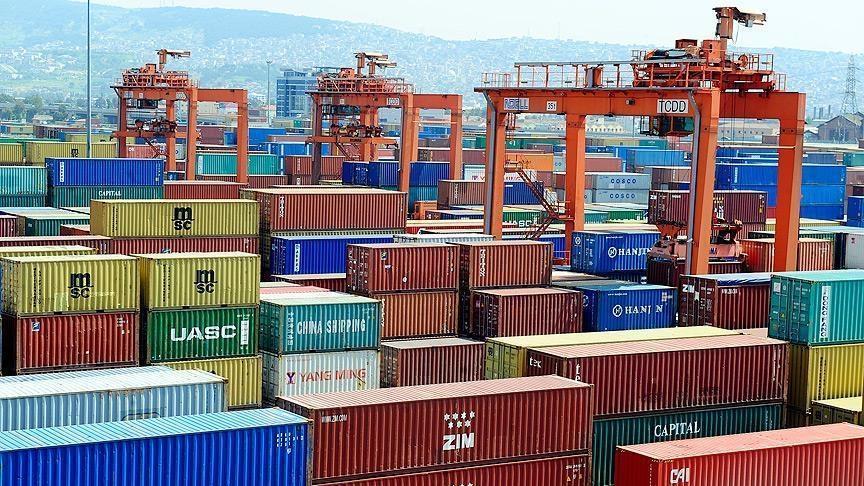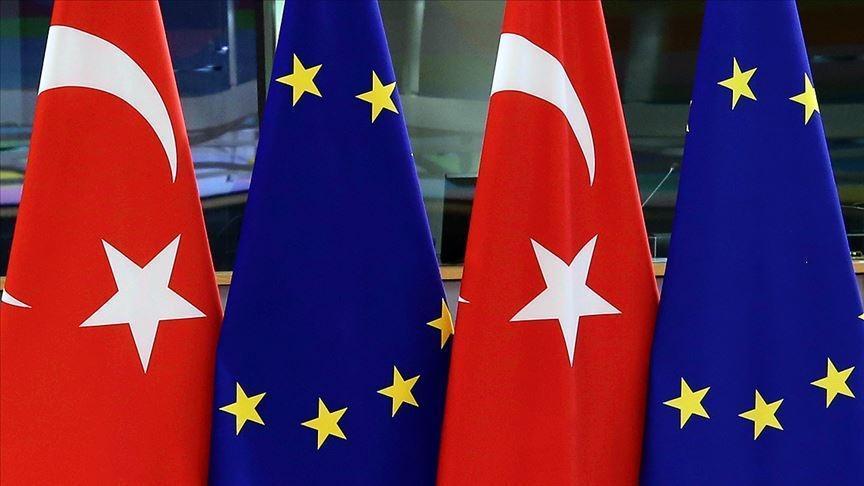We need a broader, greener EU-Turkey energy partnership
The relationship between the European Union (EU) and Turkey has long been both tight and tortuous. Turkey has sought to become a full participant in the European project since 1987, and the EU-Turkey Customs Union of 1995 was a major step forward. However, bilateral relations have faced many difficulties: the dispute over Cyprus, episodes of economic and political turbulence in Turkey, and open opposition to Turkish EU membership from core EU countries such as Germany and France. More recently, the EU-Turkey relationship has deteriorated because of the Turkish government’s worrying behavior in the wake of the failed 2016 coup.
Against this challenging backdrop, the EU can consider its energy and climate relationship with Turkey a relative success. Energy issues are an area where strong mutual interests prevail even during politically difficult times. This still holds true, but even here the approach might need a rethink.
Over the last decades, gas and electricity have been at the heart of EU-Turkey energy cooperation. These sectors are highly visible and make for impressive announcements, but the impact in these areas is likely to prove limited in practice, given the small scope of regional gas transit and electricity trading. On the contrary, cooperation in other fields—such as renewables, energy efficiency, nuclear power and emissions trading—could bring real benefits for long-term energy, climate and environmental sustainability. It could even shore up the region’s shaky macroeconomic and geopolitical stability.
On renewables and energy efficiency, the EU could support Turkey by scaling-up the financial support it currently provides within the framework of its climate finance commitments. This would strengthen the case for investment in renewables and efficiency projects in Turkey, particularly as the cost of capital continues to represent a major barrier for these investments.
On nuclear energy, the EU can make a sensible contribution to the establishment of a nuclear energy sector in Turkey. This can notably be accomplished by integrating Turkey into the framework of Euratom. Such a move would support Turkey in its nuclear energy plans, and at the same time offer benefits for the EU, notably in terms of regional nuclear safety.
On carbon markets, the EU can offer institutional support to Turkey, as is already being done with other countries such as China.
Refocusing bilateral energy cooperation away from gas and electricity trading, towards renewable and nuclear energy, energy efficiency, and carbon markets would be more impactful and strategic for both the EU and Turkey. For the EU, it would provide an opportunity to put its aspirations to leadership in sustainable energy into practice, while opening up new commercial opportunities. For Turkey, it would enhance both climate and environmental performance, while reducing the energy import bill and energy dependency on Russia.
Above all, this change in priorities would help prevent Turkey’s rush into coal. As it stands, Turkey has put together the third largest coal power plant development program in the world—after India and China.
Only by shifting these priorities can the EU-Turkey energy cooperation take on a truly strategic role as part of the EU-Turkey relationship. It will be challenging, but energy still has the potential to be the bedrock of a positive relationship between the two powers.
Simone Tagliapietra is Research Fellow at Bruegel in Brussels and Senior Researcher at the Fondazione Eni Enrico Mattei in Milan.











